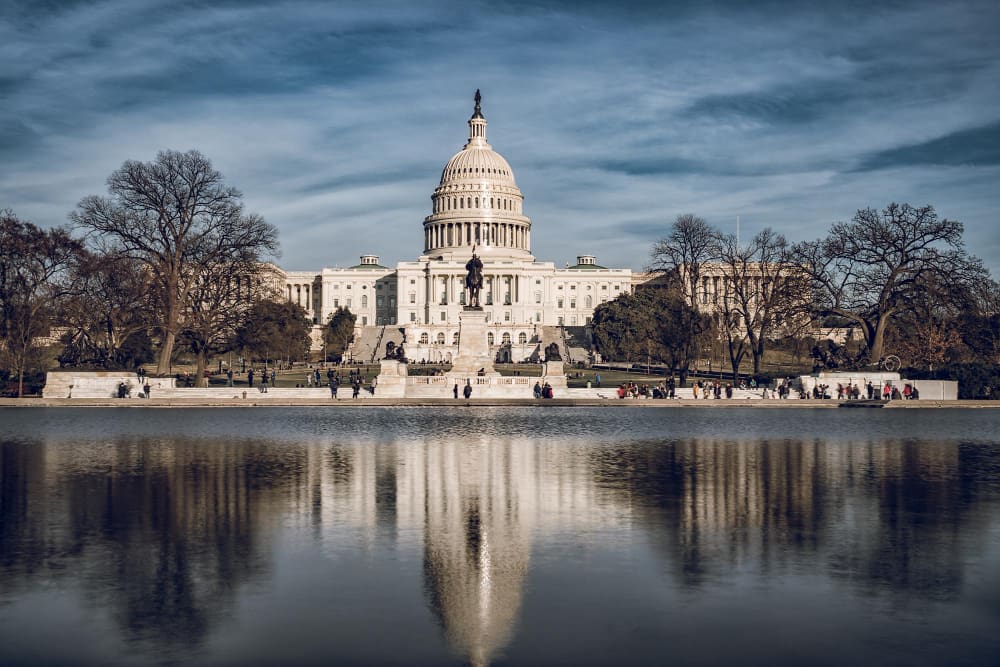Washington, D.C. – A coalition of over 100 state and local officials from the Midwest and West, including regions such as North Dakota and South Dakota, has urged the U.S. Senate to terminate tax credits for carbon capture and sequestration as part of a federal budget reconciliation bill. These tax credits, known as 45Q, were established by Congress in 2008 under then-President George W. Bush. They are designed to incentivize companies to capture carbon dioxide emissions from processes like ethanol production and sequester it underground, thereby preventing it from exacerbating climate change.
Critics, however, argue that the tax credits fail to deliver on their environmental promises. North Dakota state Senator Tim Mathern, D-Fargo, stated, “The 45Q tax credits really only make sense to the industries that are poised to make billions of dollars from them. They are supposedly intended to reduce carbon emissions, but in fact, 45Q tax credits pay polluters for polluting and subsidize private oil production at the expense of the taxpayer.” Companies currently receive up to $85 per metric ton for regular sequestration and $60 per metric ton for enhanced oil recovery, although there is a provision in the draft Senate bill to increase the maximum oil recovery credit to $85.
The push to repeal the tax credits has gained momentum among officials from Colorado, Indiana, Iowa, Montana, New Mexico, North Dakota, South Dakota, and Wyoming. During a recent virtual press conference, South Dakota state Senator Joy Hohn, R-Hartford, labeled the tax credits as wasteful spending, emphasizing the need to conserve taxpayer dollars.
Mathern highlighted that repealing the credits could jeopardize projects like Summit Carbon Solutions’ proposed five-state carbon dioxide pipeline, which could potentially earn more than $1 billion annually from 45Q credits. The project intends to capture CO2 emissions from numerous ethanol plants and transport it via pipeline to a sequestration site in western North Dakota.
Earlier this year, South Dakota took legislative action by banning the use of eminent domain for carbon dioxide pipeline projects, a move that South Dakota regulators echoed by rejecting Summit's project application. These decisions followed years of activism from landowners concerned about property rights and the risks associated with potential leaks from carbon dioxide pipelines.
The debate over the 45Q tax credits also intersects with the ongoing reconciliation process in Congress. While the House passed a version of the budget without repealing the credits, the Senate's stance remains uncertain. U.S. Senator Mike Rounds, R-South Dakota, has expressed skepticism about the permanence of industry-specific tax credits, though he awaits more details on President Donald Trump's position on the issue. Senate Majority Leader John Thune, R-South Dakota, has yet to comment publicly.
The continued discussion reflects a broader national conversation on balancing economic incentives with environmental responsibilities. The decision on the 45Q tax credits will potentially impact both regional economic interests and national climate policy.








